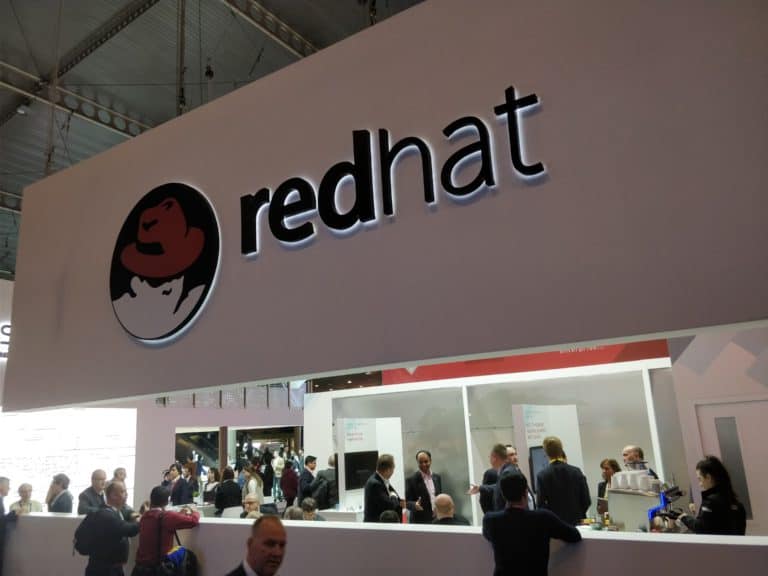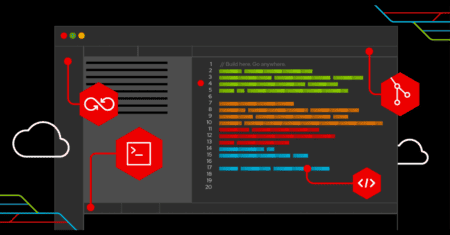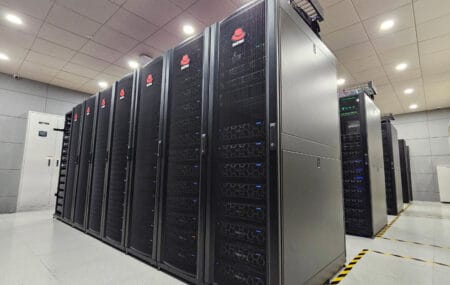IBM announced in October that it had acquired Red Hat for 34 billion dollars. Senior vice president of Customer Experience and Engagement at Red Hat, Marco Bill-Peter, now says he was shocked by the news. “We were all a little shocked, at least I was,” says Bill-Peter, reports ZDNet.
Bill-Peter states that there are several differences between the two companies, and not only in which products are offered. The company also has its own culture, which is the result of the fact that they are completely open source. In this way he says he experiences the step as very strange, and he thinks that more people have that feeling. This is because the company identifies itself with open source principles.
However, the top executive believes that IBM-led Red Hat can accelerate the expansion of its open source portfolio. “For me – I’m in engineering – other things are more important. It is the commitment to open source. Because we sincerely believe that open source and the open source way leads to better products, better innovation.”
Switzerland
According to Bill-Peter, the plan is that Red Hat will remain open source and will work as an independent unit. This also means that it retains its unique culture. According to him, this is very important, as many of the 13,000 people within Red Hat will leave if the open source culture is changed.
In addition, it is also best for IBM to allow Red Hat to maintain its own way of working for business reasons, says Bill-Peter. In doing so, he points out that his organisation has collaborations with various other tech giants. “They want to keep Red Hat as independent as Switzerland – guess where I come from?”
“What this means is that if they just made us part of IBM, many of our customers or partners – like Amazon and Google – would no longer be working with us on the next open hybrid cloud. That’s why it’s important for Red Hat to be the Switzerland of IT.”
This news article was automatically translated from Dutch to give Techzine.eu a head start. All news articles after September 1, 2019 are written in native English and NOT translated. All our background stories are written in native English as well. For more information read our launch article.


















